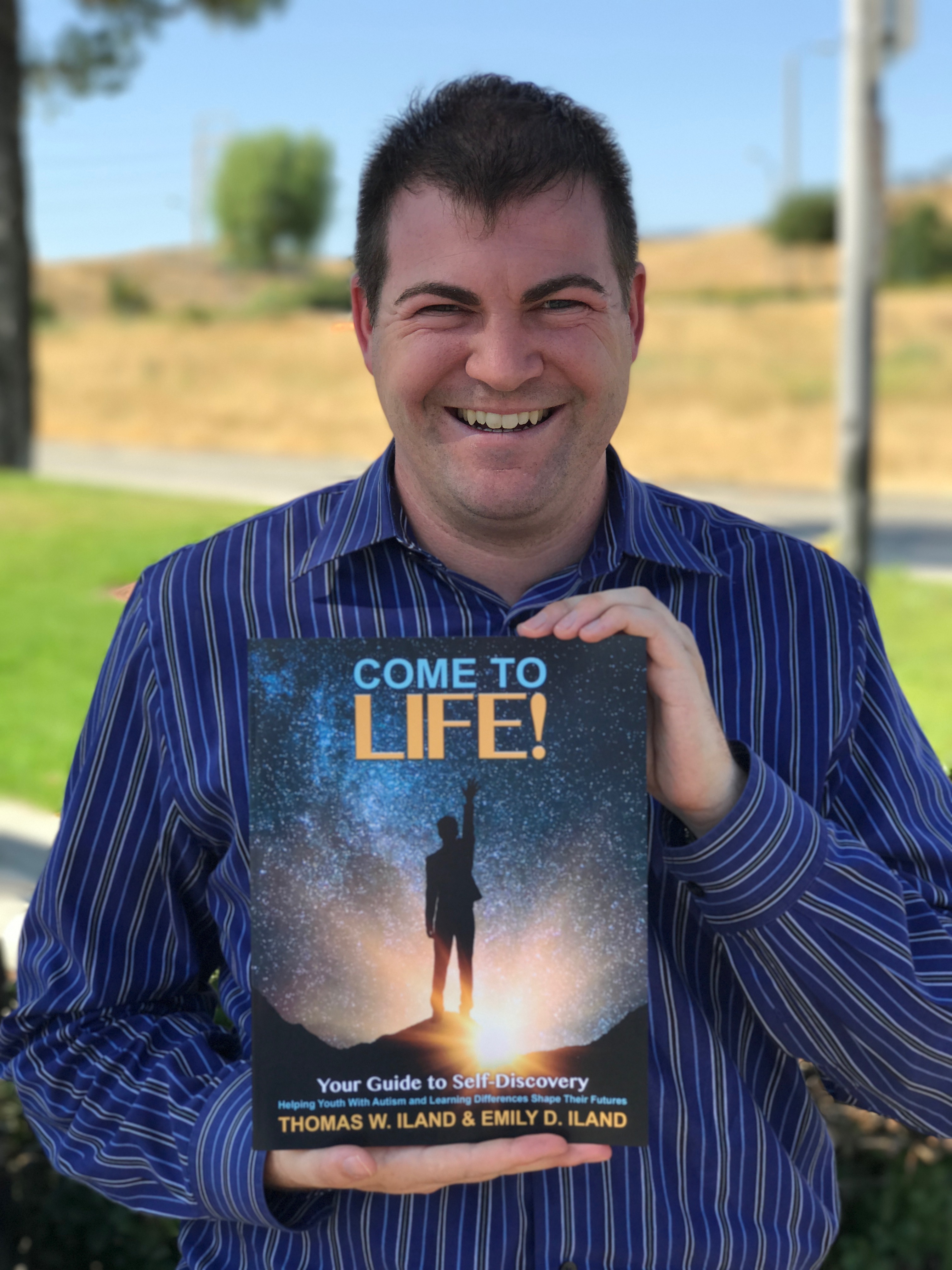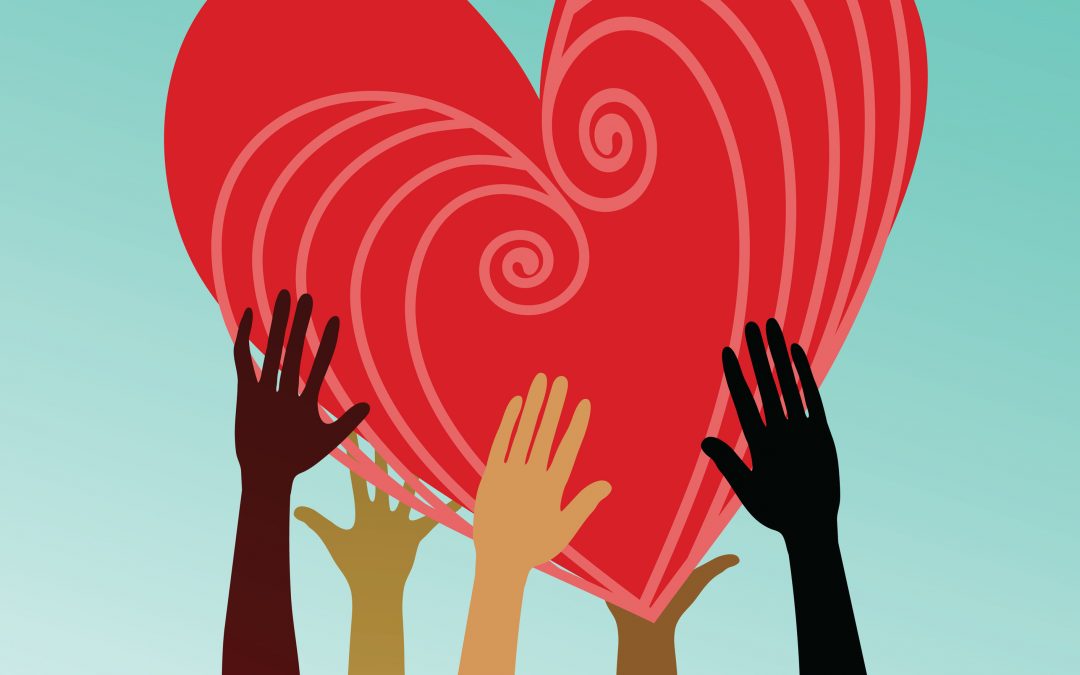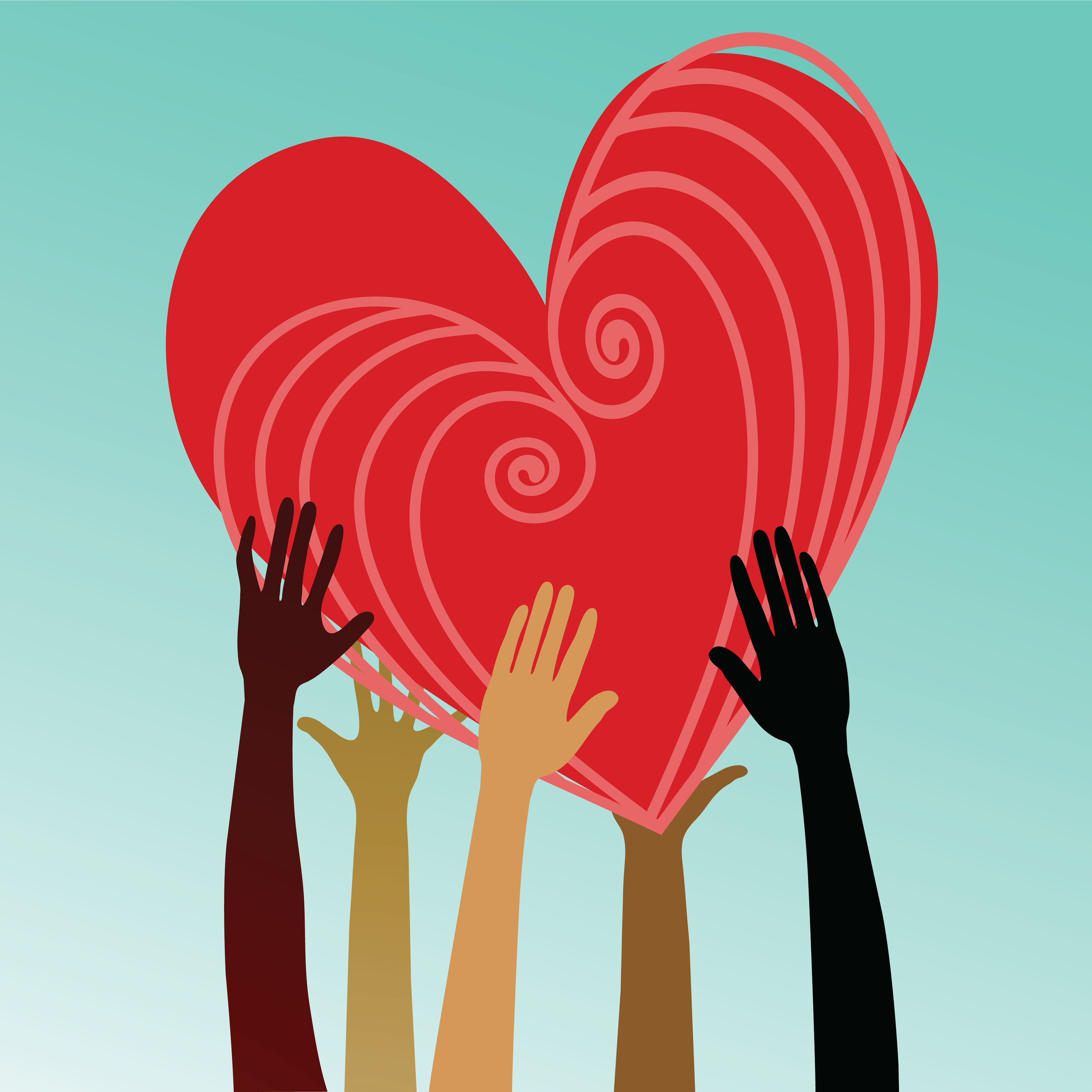En español
Your first reaction to the question might be, “Of course, I’m sure s(he) does!” Yet in reality, our children with a disability might have doubts and mixed feelings about themselves. In this blog we’ll explain what self-love is and what it isn’t. We’ll uncover why our children with disabilities of any age might not love themselves, and discuss what we can do to help.
I say “our children,” and, “what we can do” because I have a son with autism, now in his early 30s. Tom has worked long and hard to live the life he wants for himself. I’ve been there for the peaks and valleys of his journey. The lack of self-love was a hidden obstacle along the way, but finally achieving self-love was a wonderful gift.
I’m writing this blog to share insights with parents of a child of any age, including those with teen and adult children, because this topic is relevant at all stages of life. (To keep it simple I’ll use the word child to mean your child of any age).
What is self-love?
The idea of self-love may make some people feel uncomfortable. That may come from misunderstanding the meaning of the word. Self-love isn’t being egotistical or self-centered. It isn’t narcissism or selfishness, just caring about yourself. Self-love isn’t arrogance or superiority, thinking you are better than other people. It isn’t being conceited, or excessively proud of yourself.
So then what is self-love? My son Tom discovered and taught me that loving yourself means that you know you are valuable and have something to contribute to the world. Self-love means respecting yourself and taking care of yourself, physically and emotionally. It means accepting yourself as an imperfect person with both strengths and areas to improve. Self-love means forgiving yourself for not being perfect. Self-love means acknowledging that you are a unique person who is deserving of your own love and the love of others.
Obstacles to Self-Love
Why would our children with disabilities not love themselves? One root cause may be all the “helping” that goes on when a child has special needs. Hearing parents talking and worrying can signal the child that there is something wrong with him or her. A child might think that all the doctor appointments, therapies, meetings, and discussion means that s(he) is broken and needs to be fixed. These views of what is happening around him/her can plant seeds of doubt and be the first obstacles to self-love.
A second deterrent to self-love is struggle. When a child with a disability has a hard time doing something they need or want to do (homework, make friends, ask for help, etc.) they often blame themselves. They may feel frustrated, humiliated or ashamed. This can turn into negative self-talk with messages like “I’m stupid,” “I can’t do anything right” or “It’s all my fault.” When their self-esteem plummets, the child may be unable to share their feelings due to their disability. They may be unwilling to share their feelings with parents, especially in the teen and adult years. The negative feelings may be kept inside, silently damaging the child’s self-love.
Third, think about how children with disabilities are treated by other kids. While there are some kind and compassionate kids out there, many children think that “different” is not OK, and target kids with disabilities. Children with disabilities may be laughed at, singled out, humiliated, excluded and bullied at some point in their lives. What message does this send the child about their value and their worth? Parents may know this is going on (like when the birthday party invitations stop coming) or have no clue about the child’s painful experiences.
How to help
Now that we know some possible reasons that our children with disabilities might not love themselves, what can we do to help them learn to do so? One of the most important options is called demystification. Demystification means taking the mystery out of disability, helping the child understand and accept it.
Many parents keep a disability or diagnosis a secret, thinking that in some way “not knowing” protects the child. In fact, knowing yourself comes before loving yourself! It’s not enough to tell our children, “You have autism,” or “You have dyslexia,” or whatever the diagnosis may be. We need to explain what the diagnosis means, and how the disability affects the child. We need to be honest about strengths and needs (areas to work on). Self-understanding leads to self-acceptance, and finally, self-love.
The Demystification Process
Demystification is like an ongoing conversation that can take place over many years.
- The first and recurring message is, “I love you and I always will. You deserve to be loved.”
- This is followed by conversations and everyday “live” examples about the fact that everyone has strengths and “weaknesses,” which is nothing to be ashamed of. Point out your own flaws and be OK with needing help sometimes!
- Next comes discussing patterns of difference that often go along with a particular disability. For example in autism, a strength may be great attention to detail, and a related challenge may be “missing the big picture.” When parents are open, factual and accepting about a child’s pattern of differences, the child can learn to be open and accepting about it, too.
- This preparation can lead up to telling the child the name of their disability if they don’t already know. Continue the discussion about the features of the disability the child has, and how they affect him or her.
- Let the child know that s(he) is not the only one, that many other people have the same diagnosis. Let him or her know that they are not alone, and you and many others are there to help them reach their goals. Be sure the child knows about success stories of other people with disabilities. Support and work towards their own hopes and dreams for the future.
- Here is one of our biggest secrets: Let the child know that he or she is not broken and you are not trying to change or fix them. The help everyone is offering is about building skills so that the person can have the life they want for themselves.
Demystification For All
Demystification can be a powerful process to help someone with a disability understand, accept and ultimately love themselves. Logically, the person with the disability is not the only one who can benefit from demystification. The circle of love is widened when demystification takes place within the family, in schools, and in the community. Seek out and support anti-bullying programs, diversity acceptance campaigns and inclusion initiatives. You and your child can help reverse the decades-long trend where people with disabilities are excluded for being “different” or considered “less” than others. Clarifying facts and erasing doubts can create opportunities to grow self-love within the child, within the family, with other children, and with society in general!
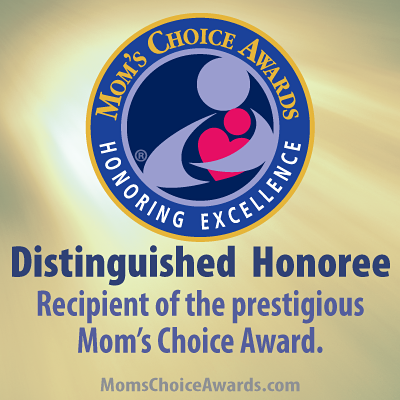
This article is based on the best-selling book, Come to Life! Your Guide to Self-Discovery: Helping Youth with Autism and Learning Differences Shape Their Futures by Thomas W. Iland and Emily D. Iland (Porterville Press, 2017). The book explores Tom’s mantra: Know Yourself. Love Yourself. Be Yourself.
Great News! Come to Life! has been named among the best in family-friendly media, products and services by the Mom’s Choice Awards® Come to Life! just received the prestigious Gold Mom’s Choice Award® Learn more or get your copy at www.Thomasiland.com
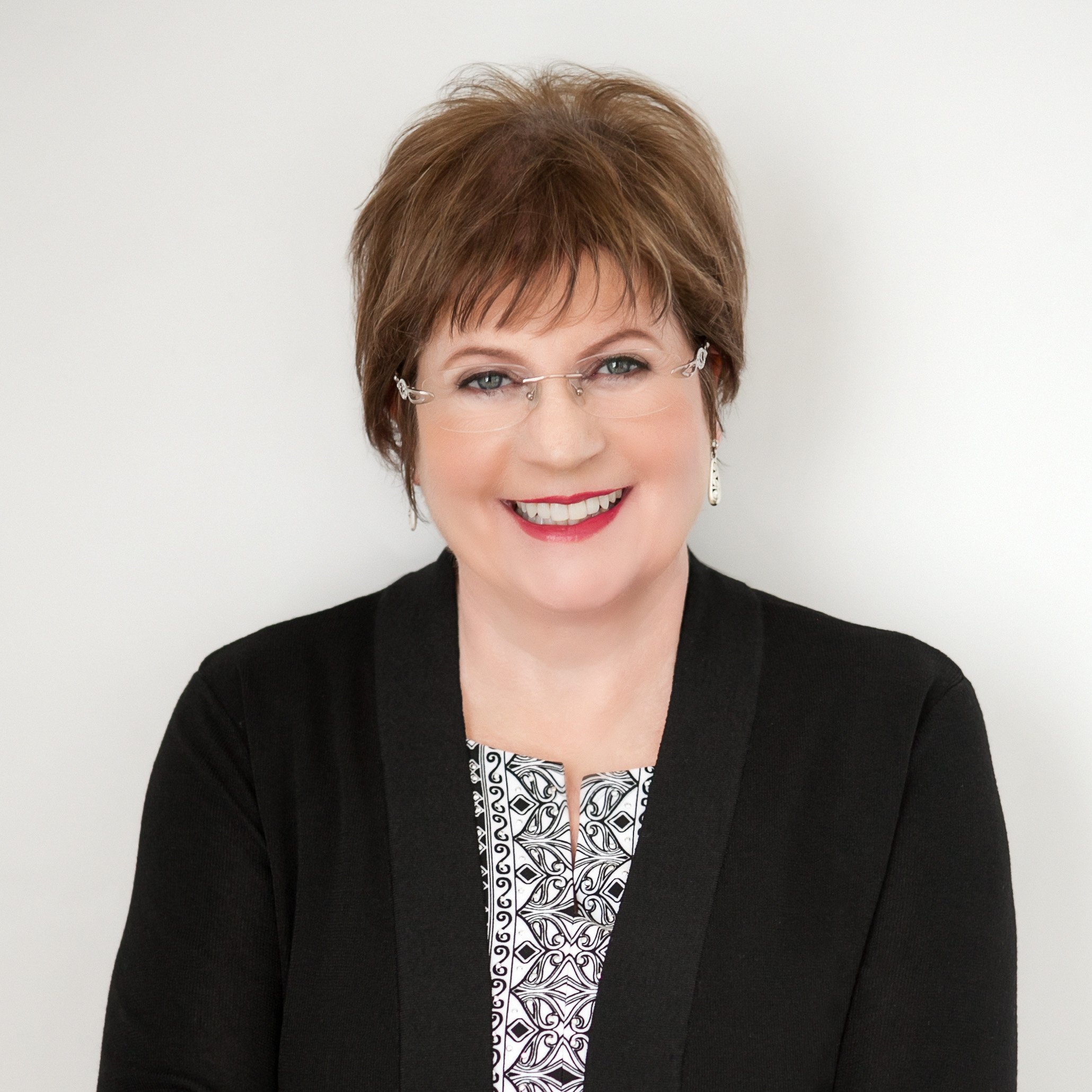
EMILY ILAND, M.A.
